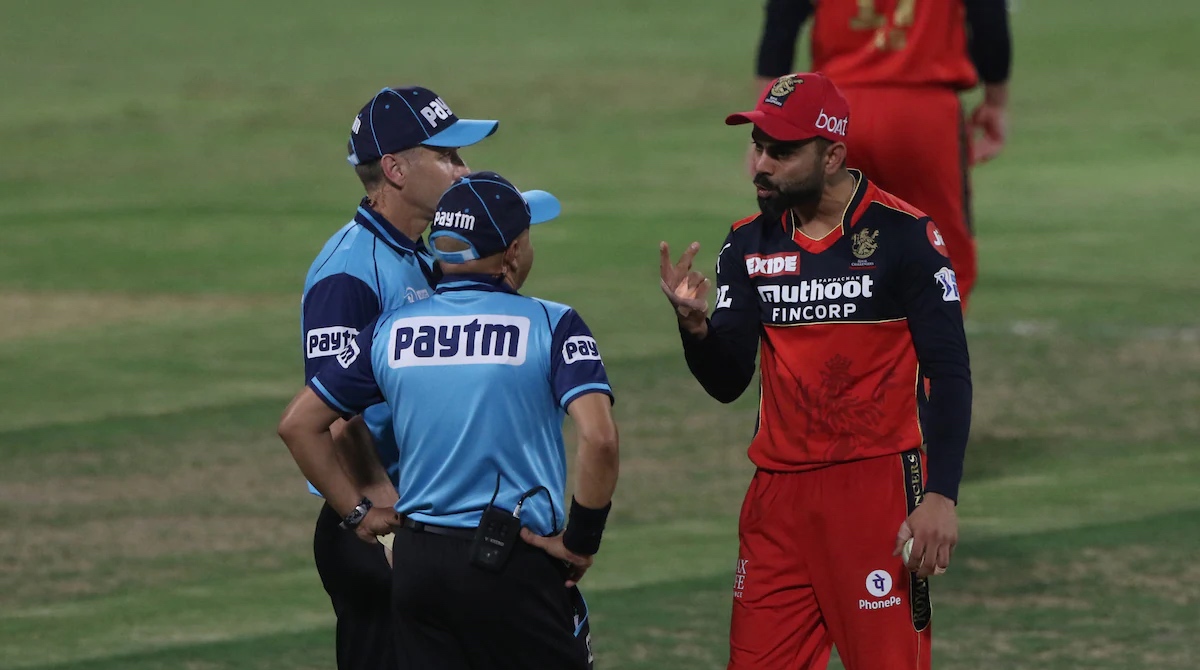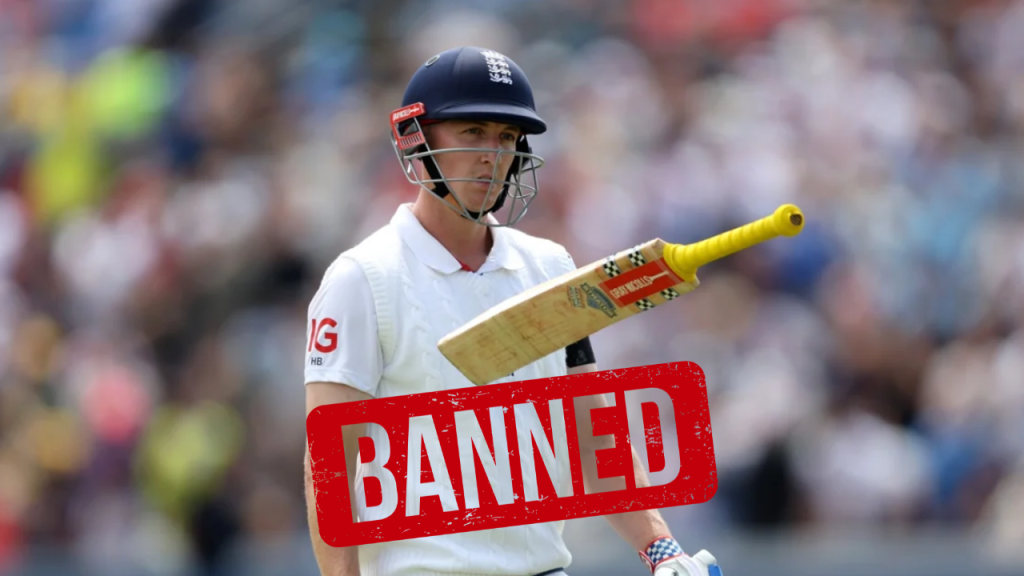Cricketers are expected to adhere to a high standard of conduct on the field of play, including in their interactions with umpires. The International Cricket Council (ICC), the governing body of cricket, has established rules and regulations to ensure that players maintain a respectful and professional demeanor towards them during matches.
One of the key reasons why cricketers are not allowed to be aggressive towards is to maintain the integrity of the game. Umpires play a crucial role in ensuring that matches are played fairly and according to the rules, and any attempts to intimidate or influence them can undermine their authority and the credibility of the game itself. Moreover, they are human and can make mistakes, but they are expected to make their decisions based on the information available to them at the time. Aggressive behaviour towards them, they can pressure them into making decisions that they may not otherwise have made, which can lead to unfair outcomes.

The International Cricket Council has established a Code of Conduct for cricketers and officials participating in international cricket matches

Provisions regarding player behaviour towards them. The Code of Conduct sets out a range of offenses that can result in disciplinary action, including fines, suspensions, and even bans from the sport. These offenses include:
1. Dissent: Any show of disagreement or disapproval with an umpire’s decision, including verbal or physical gestures, can be considered dissent. Players are expected to accept umpires’ decisions as final, even if they believe they are incorrect.
2. Inappropriate language: The use of language that is abusive, insulting, or obscene towards umpires is prohibited. This includes both verbal and written communication, such as via social media.
3. Intimidation: Any action that is intended to intimidate or influence an umpire’s decision-making process is prohibited. This can include verbal or physical threats, as well as aggressive body language.
4. Refusal to comply: Players are required to comply with them’ instructions at all times, including requests to leave the field, change equipment, or adjust their behaviour. Refusal to comply can result in disciplinary action.
5. Level 4 offenses: In extreme cases, such as physical assault or threatening behavior towards umpires, players may be charged with a Level 4 offense, which can result in a ban from all cricket activities for a specified period of time.
In addition to the Code of Conduct, the International Cricket Council has also established a system of match officials, including umpires and match referees, to oversee international cricket matches. Match officials have the authority to enforce the Code of Conduct and to impose disciplinary action on players who violate its provisions.

In conclusion, the International Cricket Council’s rules and regulations regarding player behavior towards umpires are designed to maintain the integrity of the game and ensure that matches are played fairly and according to the rules. Players who engage in aggressive or disrespectful behaviour towards umpires risk disciplinary action, including fines, suspensions, and even bans from the sport. By maintaining a respectful and professional demeanor towards them, players can help to uphold the spirit of the game and promote fair play and sportsmanship.





